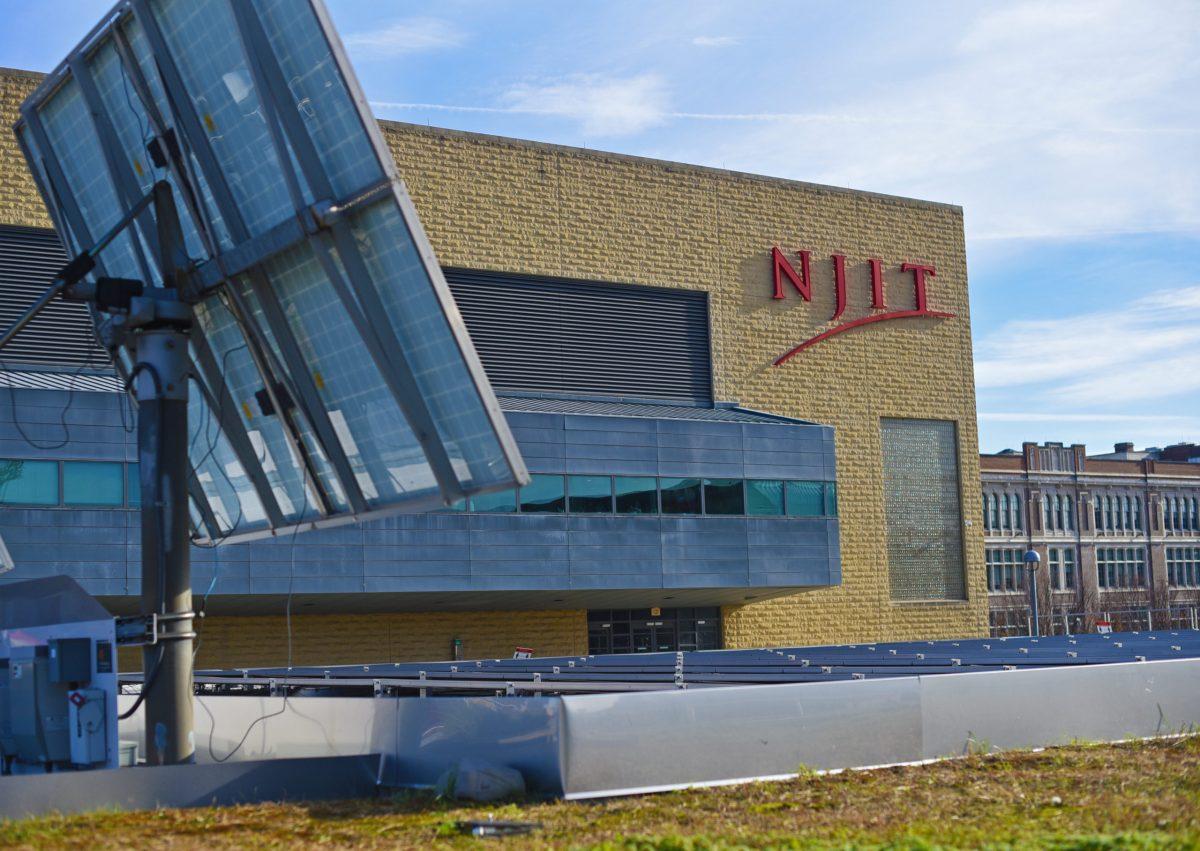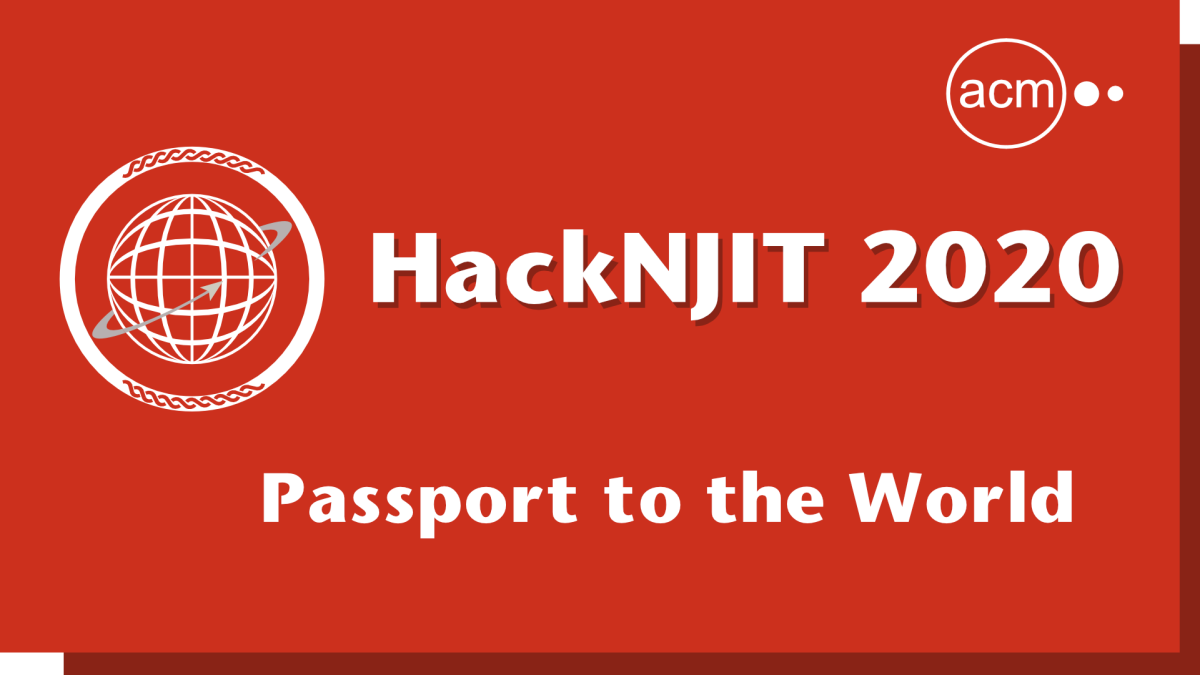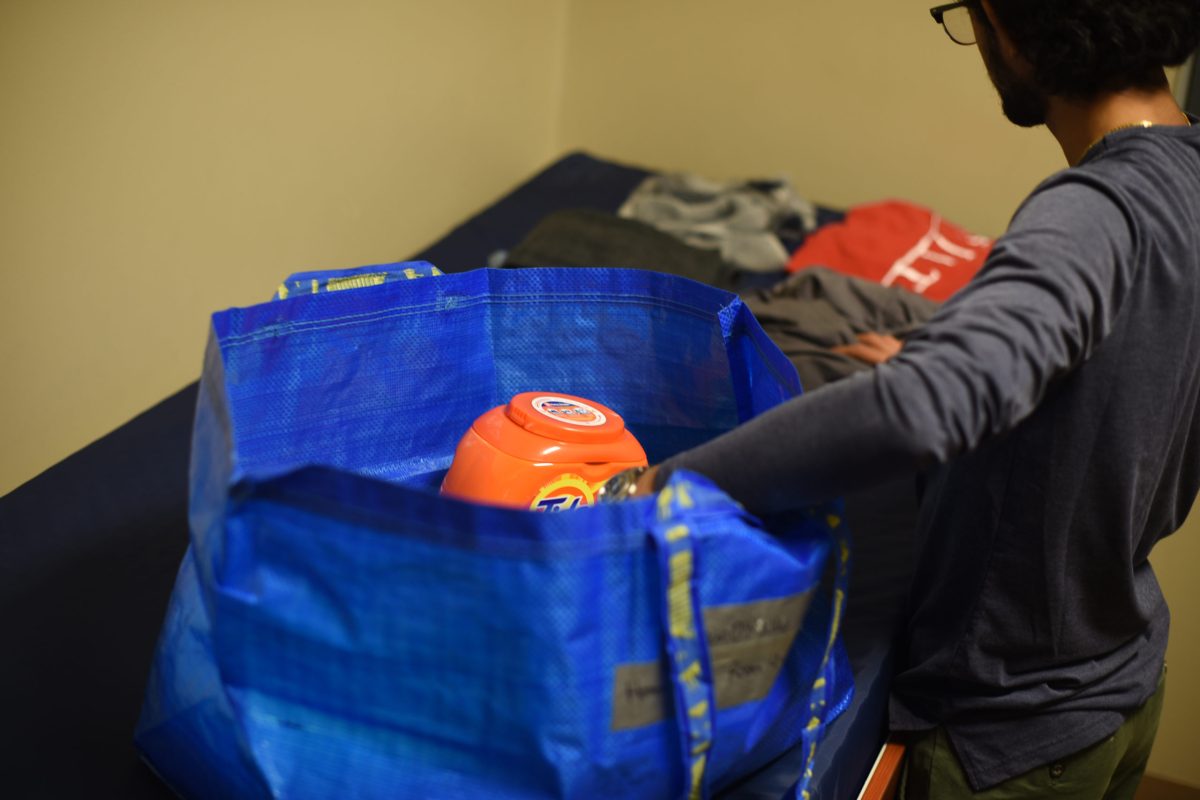Among the other stresses associated with a new semester, such as adjusting to new classes and making last minute schedule changes, comes the ubiquitous debate regarding textbook acquisition. Should I buy it or rent it? Can I find it online? Do I even need the textbook for this class?
This debate hinges on the central issue regarding textbooks: their cost. A study conducted by the College Board in 2013 found that the average undergraduate student’s budget for books and related supplies exceeds $1,200 per year. In addition, the United States Government Accountability Office, in a 2013 report to Congressional Committees regarding student accessibility to college textbooks, found that between 2002 and 2012, the cost of college textbooks increased by 82%. This is nearly three times the rate of inflation during that same time period.
The high costs of college textbooks can be attributed to the textbook publication industry’s tendency toward anti-competitive behavior given that the consumers are strongly motivated to buy the products regardless of cost, so the major textbook publishing companies all maintain similarly high costs for textbooks.
To address this issue, NJIT is implementing the Open and Affordable Textbook (OAT) Initiative, with the goal of reducing the cost of textbooks for NJIT students. The OAT initiative relies upon use of Open Educational Resources (OER), and it is being launched by the NJIT University Libraries and Office of Digital Learning. OER provides participating institutions with teaching and learning materials that have been published online using an open license granting permission.
Therefore, with the OAT initiative, students at NJIT would be able to legally access and download digital files, print hard copies of materials, and keep/use copies of the materials forever, all at low or no cost. The initiative is being financially supported by the NJIT Institute of Teaching Excellence and the Office of the Provost.
The idea for OAT initiative began in February 2017, when NJIT President Joel Bloom and Provost Fadi Deek requested the University Libraries and the Office of Digital Learning to explore the viability of an OAT program at NJIT. As a result, a team comprised of staff from both departments formed to develop a proof-of-concept pilot project. The team initially conducted a survey to gather data on existing OER use by NJIT faculty. Then, a call was distributed to NJIT faculty for grant proposals for the integration of OER materials into their courses.
Later, in May 2017, of those who submitted grant proposals, 12 faculty members were awarded a $1000 grant each by the OAT initiative to redesign their curriculum and implement the use of OER materials in either their fall 2017 or spring 2018 courses that they proposed in their grant applications. Of the 12 faculty members awarded grants, 4 colleges are represented, with 3 NCE faculty grant recipients, 4 CSLA faculty grant recipients, 3 MTSoM faculty grant recipients, and 2 YWCC faculty grant recipients.
According to Ms. Ann Hoang, NJIT University Librarian and member of the OAT initiative team, “The redesigned course curriculums range from Literary Journalism to Roadmap to Computing to Reinforced Concrete Design.”
One faculty grant recipient remarked that faculty seeking to integrate OER materials into their courses, “need more support to refine the materials and obtain more business cases.”
Another faculty member described the benefits of the OAT initiative, stating, “I participated in the OAT project because of my belief that the university education now, more than ever, should not be restricted to textbooks in many cases. Students should browse and learn from available resources on the internet. With so much emphasis on research, this project sends the message that teaching/learning is still important.”
In March 2018, NJIT faculty can expect an on-campus OAT workshop for faculty “to learn more about the OER movement and how and why they should become a participant in the movement,” as stated by Ms. Hoang.
For the student, this means the prospect of an increasing number of instructors and professors at NJIT using more cost-considerate academic materials. While OAT is still in its infancy at NJIT, similar programs using OER materials at other academic institutions have had positive effects on student achievement and academic material acquisition.
Given the potential benefits of the integration of OER materials into course curricula across various departments and colleges, students at NJIT can look forward to increased accessibility to academic materials, which will hopefully mitigate, if not altogether eliminate, the debate students face regarding whether to purchase a textbook for a class because of its cost.































